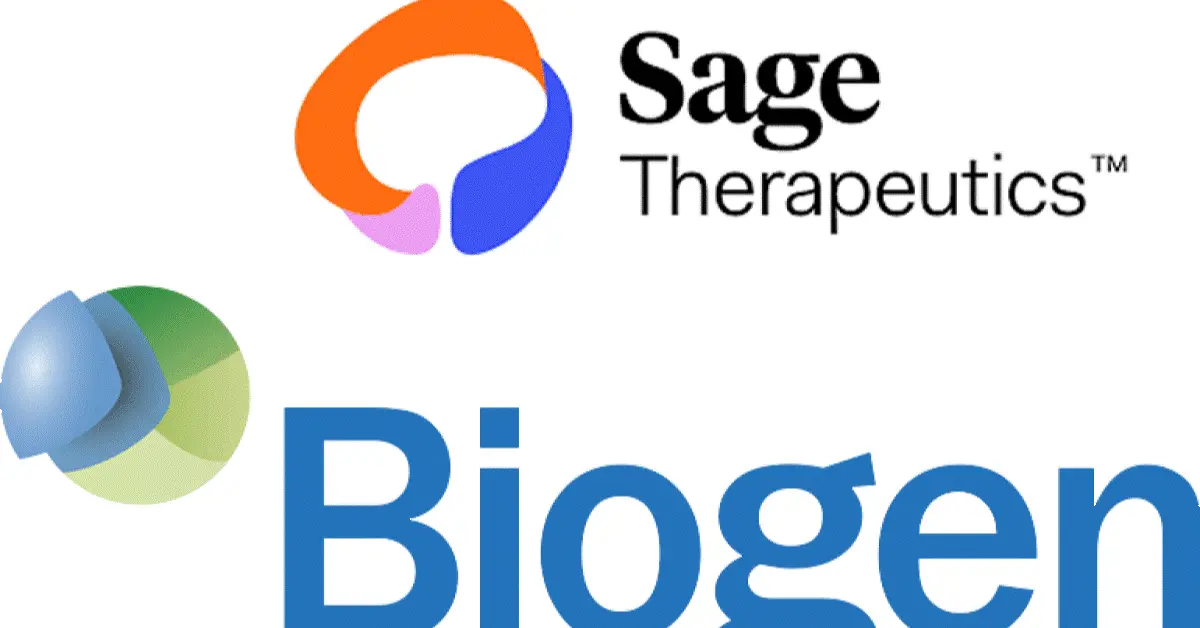
USA – Sage Therapeutics has taken legal action to halt Biogen’s recent takeover bid, filing a lawsuit in the Delaware Court of Chancery.
While the complaint remains sealed, Sage confirmed in a related filing that it seeks a standstill order to prevent Biogen from advancing its unsolicited offer, according to a Bloomberg report.
Just a week ago, Biogen proposed acquiring the remaining shares of Sage at US $7.22 apiece, valuing the company at approximately US $442 million.
Biogen already holds a 10% stake in Sage and has an existing alliance, co-marketing Zurzuvae (zuranolone), an FDA-approved therapy for postpartum depression (PPD).
The timing of Biogen’s bid has been criticized as opportunistic, as Sage’s share price has plummeted over 90% in the last two years due to regulatory and pipeline setbacks.
Sage’s current market cap stands at US $433 million, significantly lower than its valuation at the beginning of 2024.
Key blows to Sage include the FDA’s decision to deny approval for Zurzuvae to treat major depressive disorder (MDD), limiting its market potential.
Additionally, failed Phase 2 trials for Sage’s experimental drugs in Alzheimer’s, Parkinson’s, and Huntington’s diseases, along with disappointing mid-stage results for its essential tremor candidate, SAGE-324, further weakened its position.
In response to these challenges, Sage implemented cost-cutting measures, including job cuts, reduced R&D programs, and discontinuation of its older PPD therapy, Zulresso (brexanolone).
Meanwhile, Zurzuvae has had a slow start, generating US $49 million in sales within the first nine months of its U.S. launch in late 2023.
Biogen CEO Chris Viehbacher has signaled openness to additional acquisitions following the company’s recent deals, including the US $7.3 billion purchase of Reata Pharmaceuticals for its rare disease therapy Skyclarys (omaveloxolone) and a US $1.1 billion acquisition of HI-Bio for immunology assets.
However, Viehbacher emphasized that Biogen is not in a rush to finalize deals.
This lawsuit adds another layer of complexity to Biogen’s efforts, as the company faces increased competition for its older drugs and slower-than-expected growth of its new Alzheimer’s treatment, Leqembi (lecanemab), co-developed with Eisai.
Investors have been urging Biogen to pursue further business development to bolster its portfolio.
XRP HEALTHCARE L.L.C | License Number: 2312867.01 | Dubai | © Copyright 2025 | All Rights Reserved